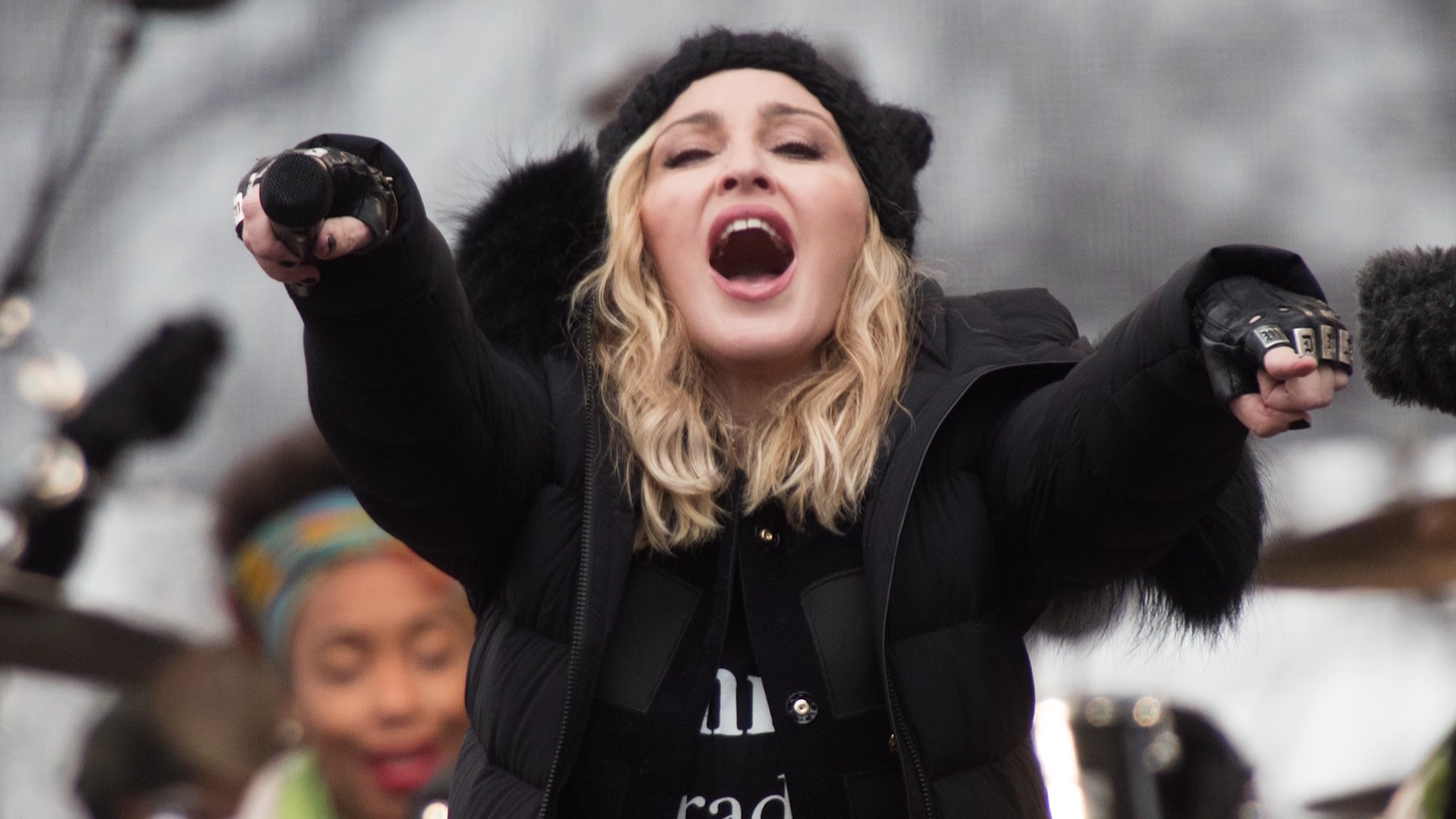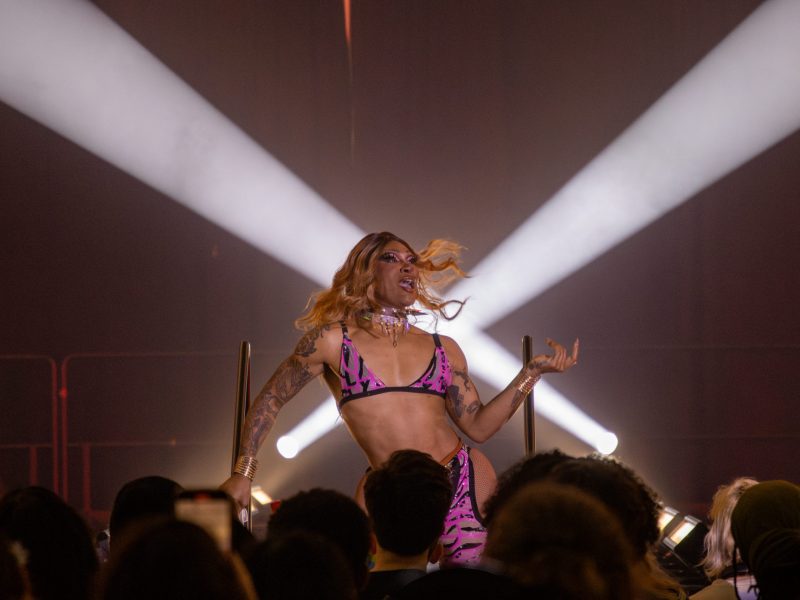While some people spent January 20 in Washington, donning cherry red “Make America Great Again” hats and “Trump That Bitch” shirts with pride, others prepared to take over the city the following morning with the Women’s March on Washington.
In a historic protest spanning across seven continents, the Women’s March on Washington brought millions together in support of women’s rights, LGBTQ rights, Black Lives Matter, environmental reform and countless other progressive movements. Men, women and children came out in droves to support the march, with an estimated 3.3 million people attending in the United States alone, according to a report from Vox. Among those 3.3 million was a notable amount of celebrities, signifying an ever-strengthening bond between political activism and the entertainment industry.
Alicia Keys, Scarlett Johansson and Madonna were perhaps most noted, each separately speaking in front of impassioned crowds in the nation’s capitol. They were in the minority though, as most of stars that participated did so on the ground as regular marchers. Emma Watson, Amy Poehler, Nick Offerman and Rihanna were among the many A-listers present at the protest, according to The Washington Post. The high concentration of celebrities present did not go unnoticed, garnering both support and criticisms from fans on opposing sides of party lines.
Mixed feedback about celebrities taking part in activism is expected. Take Meryl Streep’s now-famous acceptance speech at the 74th annual Golden Globes as an example. Instead of using her airtime as a way to politely accept her lifetime achievement award, she unashamedly blasted President Trump over his offensive representation of a disabled New York Times reporter. For many, the move was hailed as powerful and moving. Others were less than enthused, claiming politics has no place in entertainment.
With the political discourse in our country in full swing, it seems as if any time celebrities use their platforms as a way to advocate for social change a debate sparks up over whether this practice is warranted or not. For members of the right, the argument tends to be that the two spheres of politics and entertainment need to be separated; after all, many turn to entertainment as a way to escape the political realm to begin with. In response to this, one could present a cliché that’s severely overused, yet rings true: Life imitates art. Both sides of the aisle can probably agree that our political world is currently in uproar. If you think this tension is expected to just stay within the realms of government, it’ll be a long time before you may want to comfortably accept art into your life again.
On the opposite end of the spectrum are those advocating for the complete convergence of art and politics. For some, expressing support isn’t enough; a celebrity’s full and active dedication to a cause is needed to appease. With no celebrity is this clearer than with Taylor Swift. Swift has remained relatively inconspicuous throughout the past couple of months, refusing to discuss politics with the media or her fans. As a self-proclaimed feminist with the tendency to write lyrics revolving around men, Swift’s relationship with feminism has been rocky since the start of her fame. That being said, many expected her to be among marchers at the Women’s March on Washington, standing up for the ‘lady power’ that was featured so heavily in her 2014 album, 1989. What fans got instead was a short, completely non-confrontational tweet.
Swift’s lack of action represents perhaps the main inconsistency with celebrity activism. It’s one thing to say that you’re an activist and another to actually work towards bettering the lives of people living in marginalized communities. The definition of a progressive celebrity has changed, making it simply not enough to just pledge allegiance to a cause. With such a divisive administration in charge, the left needs more from its spokespeople. Fame offers the opportunity of a world platform, for if it’s used to promote progress there’s no telling how quickly a movement can spread.
All this being said, celebrities are under no obligation to support certain causes. They may choose to use their platform as they see fit, and as a collective society we have no right to dictate in which ways that occurs. After all they are human as well, and are entitled to their own political and social opinions. The only real problem arises when they begin to use activism as an accessory, or a way to appease activists without actually promoting social change.
The next four years will undoubtedly prove to be interesting both for politics and for the world of entertainment. If recent trends point to anything, we’ll be seeing a higher rate of concrete action rather than empty support from our favorite stars.



